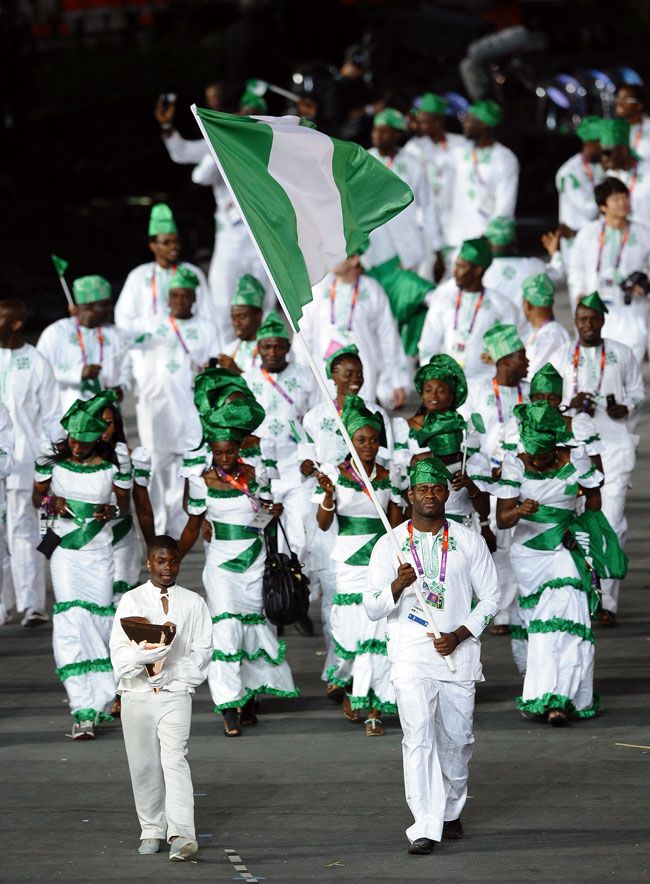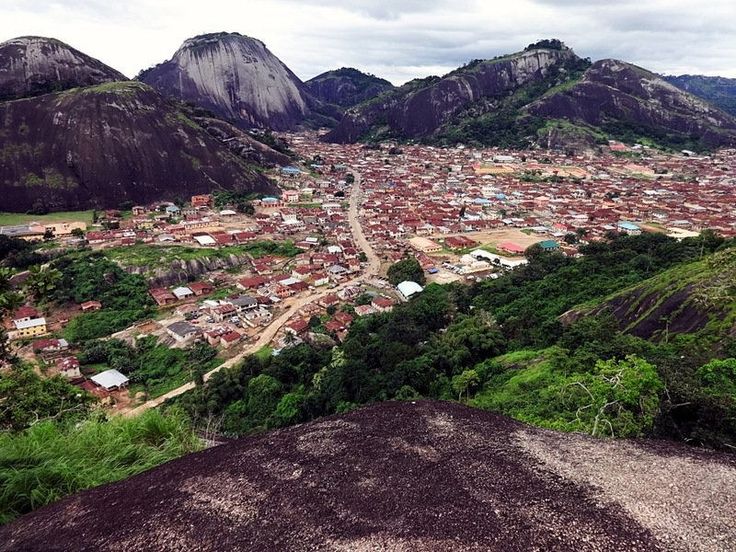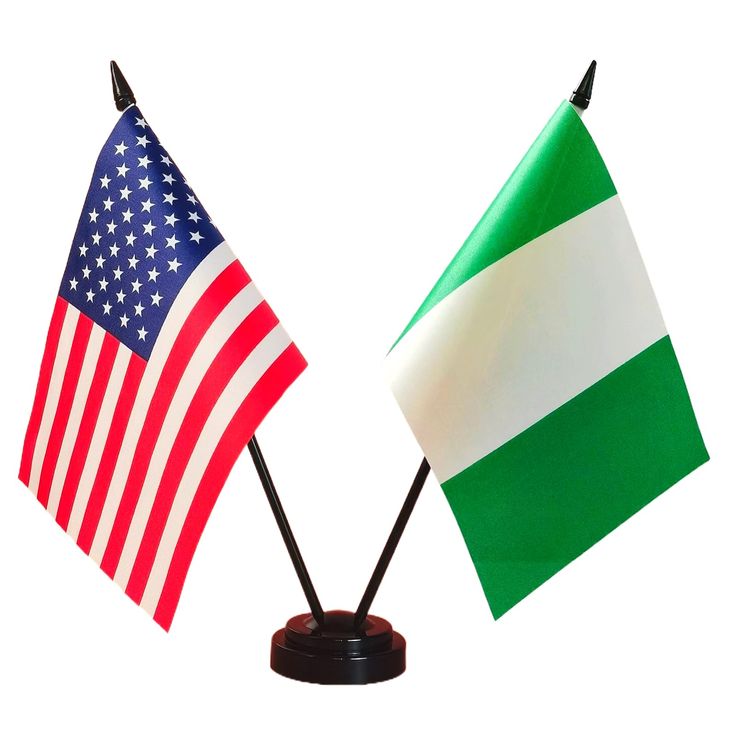Call us @+234 806 558 2598
Peter Obi and the Power of New Edo Sheriff 2025
Edo Governor vs Peter Obi: A Dangerous Threat to Nigeria’s Democracy and Unity

In a recent political twist that shook the country, Governor Monday Okpebholo of Edo State issued a controversial and undemocratic statement aimed at the 2023 Labour Party Presidential Candidate, Mr Peter Obi. During a political gathering in Uromi, Esan North-East, the governor bluntly warned Peter Obi not to step foot in Edo without seeking clearance from him, suggesting a type of “political visa” now required within Nigeria.
The comments have sparked wide condemnation, not only from opposition parties such as the Labour Party and African Democratic Congress (ADC), but also from concerned Nigerians who fear that such rhetoric could undermine the very fabric of democracy. What does this controversy mean for Nigeria’s democratic structure, national unity, and political future? Let’s unpack the issues.
A New Sheriff or Democratic Dictator? Governor Okpebholo’s Threat Explained
Governor Monday Okpebholo’s rise in Edo politics has been fast and strategic. As a member of the All Progressives Congress (APC), he has demonstrated loyalty to President Bola Tinubu and aims to assert strong influence in Edo ahead of the 2027 general elections. But when he warned Peter Obi not to return to Edo without his approval, it signaled something more sinister.
Speaking partly in pidgin, the governor declared: “The man wey say e no get ‘shishi’, I am sending a direct message to him. He cannot come to Edo without telling me. A new Sheriff is in town.”
He went further to suggest that Obi’s donation of ₦15 million to a nursing school led to chaos in Benin City, where he claimed three people died. No verifiable evidence supports this claim, and no formal investigation was referenced. The tone and substance of the statement sounded less like political rivalry and more like authoritarian posturing something many Nigerians are weary of after decades of military rule.
The key question remains, Can a sitting governor legally stop a citizen from entering a state in the Nigerian Federation? Constitutionally, no. Nigeria operates under a federal system. Every citizen has the right to move freely within the country under the 1999 Constitution (Section 41), which guarantees the right to freedom of movement.
Reactions from Opposition and Civil Society: Upholding Democratic Principles
Following the governor’s controversial statement, opposition figures and groups quickly condemned his remarks. Chief Peter Ameh of the Labour Party described the warning as “despicable and unconstitutional,” while the ADC’s National Spokesperson, Mallam Bolaji Abdullahi, called it “a dangerous pattern” that should not be allowed to continue.
He said: “We don’t need a visa in our country. Nigeria is a free country… No state belongs to any governor but the people.”
This response highlights an increasing concern across the country about the authoritarian behavior of some political leaders. By setting a precedent where opposition politicians can be banned from states controlled by rival parties, Nigeria risks creating a political climate of fear and repression, one reminiscent of pre-1999 military governance.
The ADC also used the opportunity to emphasize its neutrality in choosing candidates for 2027 and reaffirmed its commitment to democratic values, inclusiveness, and rule of law.
Implications for Nigeria’s Democracy and Federal Structure
Governor Okpebholo’s actions may seem like an isolated political provocation, but they have deeper implications for Nigeria’s system of governance, especially in five major areas:
- Erosion of Federalism and Freedom of Movement: When state governors begin to dictate who can or cannot enter their states based on political affiliation, it undermines the federal structure. In a functioning democracy, governors are elected to serve everyone in their state, not just party loyalists. Any attempt to turn states into political “fortresses” will disintegrate the ideals of national unity.
2. Rise of Political Intimidation and Fear Politics: Statements like those made by Okpebholo are forms of political intimidation. If opposition leaders must “seek permission” before moving within the country, they can no longer campaign freely. This creates a climate where only the ruling party can operate, reducing elections to hollow rituals.
3. Weaponization of Governance: It is particularly troubling that the governor used public infrastructure and ongoing political defection as tools to ridicule and belittle opposition leaders. He boasted about PDP’s demise, openly mocked Obi, and tied the state’s electoral future to President Tinubu’s reelection campaign. Governance should not be weaponized for personal or party gains.
4. Undermining Free and Fair Elections: This kind of speech weeks before the beginning of major election campaigns sends a clear warning to opposition parties that they may not be safe or welcome in APC controlled states. This reduces the fairness of the electoral process and violates citizens’ rights to hear from all political actors.
5. Promoting Ethnic and Political Division: These inflammatory remarks can inflame tribal sentiments and deepen Nigeria’s already fragile political landscape. The idea that one leader can control access to a part of Nigeria runs counter to the idea of one indivisible nation.
What This Means for 2027 Elections and the Role of the Youth
With the 2027 elections still more than two years away, these developments serve as a litmus test for how peaceful or turbulent the political climate will be. Young Nigerians, especially the ones who formed the backbone of Peter Obi’s “Obidient Movement,” must be particularly vigilant. If political bullying, threats, and suppression are allowed to thrive, then the next elections may not be free, fair, or meaningful.
This controversy also serves as a wake-up call for civic education and voter awareness. The power of democracy lies in the ability of the people to hold leaders accountable not in silencing or banning them.
Young people and civil society groups must:
- Demand that leaders respect the rule of law and constitutional rights.
- Register and participate massively in the next elections.
- Use digital platforms to raise awareness of anti-democratic behavior.
- Support and protect whistleblowers, journalists, and opposition voices.
Peter Obi, like every other Nigerian, has the right to travel, speak, and donate to causes anywhere in the country. Whether or not one agrees with his politics, defending his rights means defending democracy.
The good news is that civil society groups, political parties, and concerned citizens have responded promptly. But this must be followed with continuous civic pressure, legal challenges where necessary, and peaceful resistance against tyranny in any form.
Nigeria belongs to all of us, not to governors, not to political godfathers, and not to party loyalists. But to you and me


